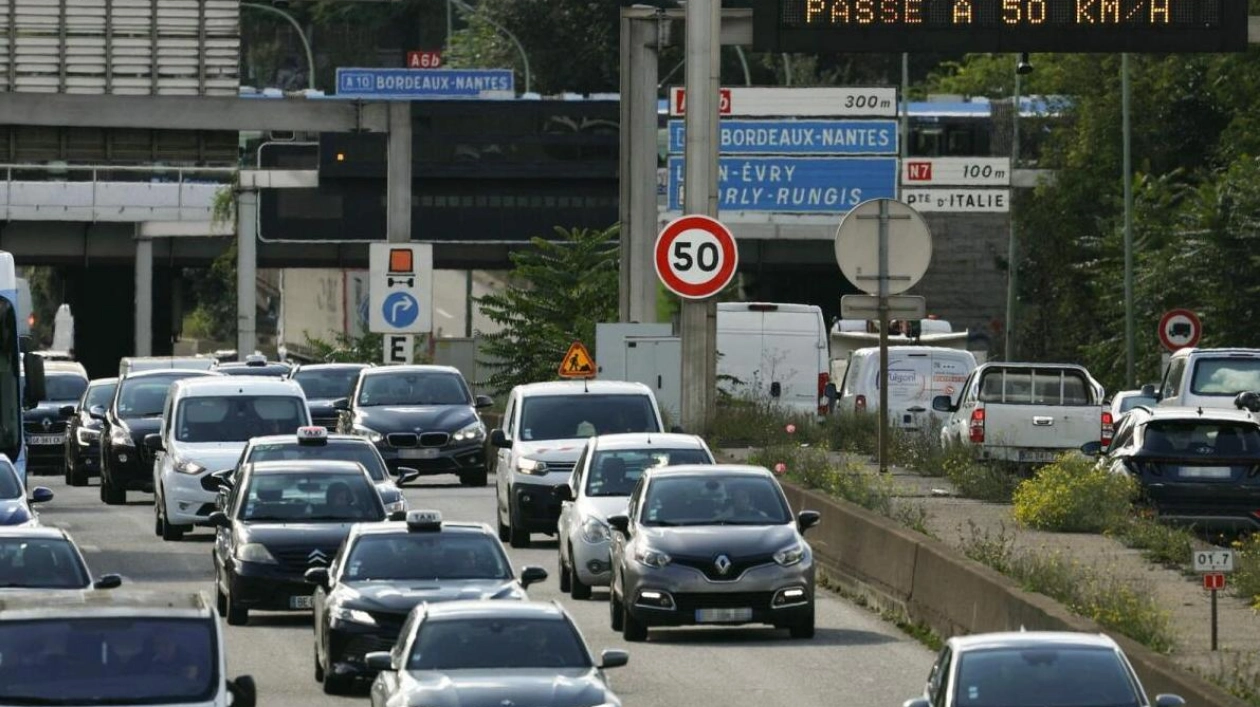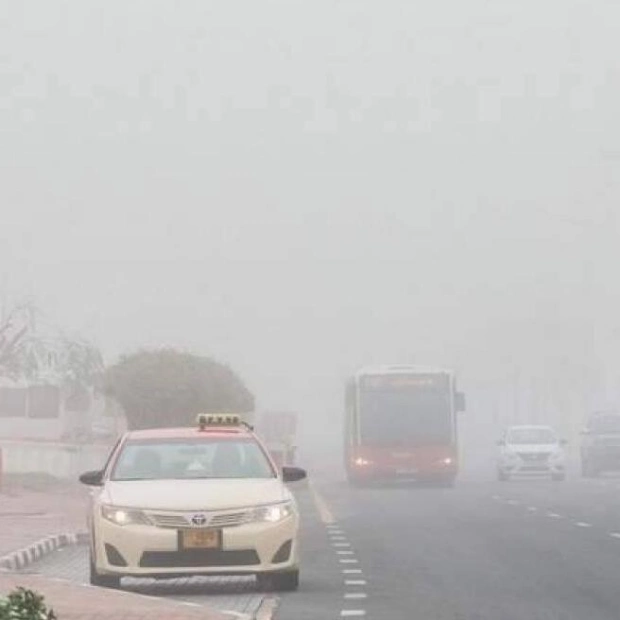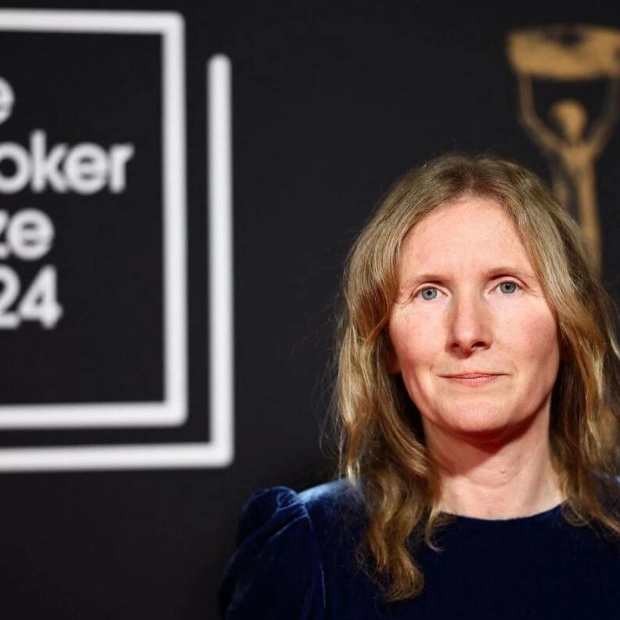A road sign displaying the 50km/h speed limit is seen on Paris' ring road, the boulevard périphérique, on October 1, 2024. — AFP file
Paris has implemented a ban on through-traffic in parts of its historic center to reduce pollution and congestion, with the city's police chief assuring that the new regulations will be enforced with a lenient approach. Motor vehicles, including cars and motorbikes, are now prohibited from entering the first, second, third, and fourth arrondissements of the French capital unless they have legitimate business there. The restricted area spans 5.5 square kilometers (2.1 square miles) and encompasses landmarks such as the Louvre museum, Place Vendôme, Tuileries gardens, and the historic Marais district, along with numerous cultural and shopping venues.
Paris Mayor Anne Hidalgo has long advocated for limiting car traffic in favor of more environmentally friendly modes of transport, particularly bicycles. Over the past decade, the city has transformed several car-dominated areas into spaces for cyclists and pedestrians, including sections along the Seine riverbanks. The busy Place de la Concorde is next on the list, and the Iéna bridge near the Eiffel Tower remains closed to traffic post-Olympics. Hidalgo pledged the transit ban during her 2020 re-election campaign but delayed its implementation several times. Other European cities like Rome, Milan, and Madrid have adopted similar measures, though Paris' scheme is considered one of the most ambitious in Europe.
Drivers must now carry proof of their reason for entering the restricted zone, as Ariel Weil, mayor of central Paris, explained. Residents, workers, buses, taxis, emergency services, and disabled drivers are exempt. Those making deliveries or visiting for medical reasons can also enter. The city will not impose fines for the first six months to help drivers adjust to the new rules. Paris Police Chief Laurent Nuñez, who often disagrees with city hall on car traffic issues, promised minimal inconvenience for motorists. He expressed his preference for less stringent enforcement methods, unlike the online registration used during the Paris Olympics.
Deputy Mayor for Transport David Belliard, a member of France's Green party, stated that the city is still finalizing enforcement details and will collaborate with police to establish a list of acceptable documents. Motorists are uncertain about the new rules. A delivery van driver expressed dissatisfaction with the ban but was allowed to pass after showing his work credentials. A psychologist riding a scooter through the zone hopes her residential parking sticker will suffice. Officials anticipate significant improvements in air and noise pollution, particularly for the 110,000 residents in the affected districts. Major roads like the Avenue de l'Opéra could see a 33% reduction in car traffic.
Critics argue that the new rules will merely shift traffic to adjacent neighborhoods not covered by the ban. Some shop owners fear the restrictions could harm business, with one industry leader vowing to challenge the rules in court.
Source link: https://www.khaleejtimes.com






